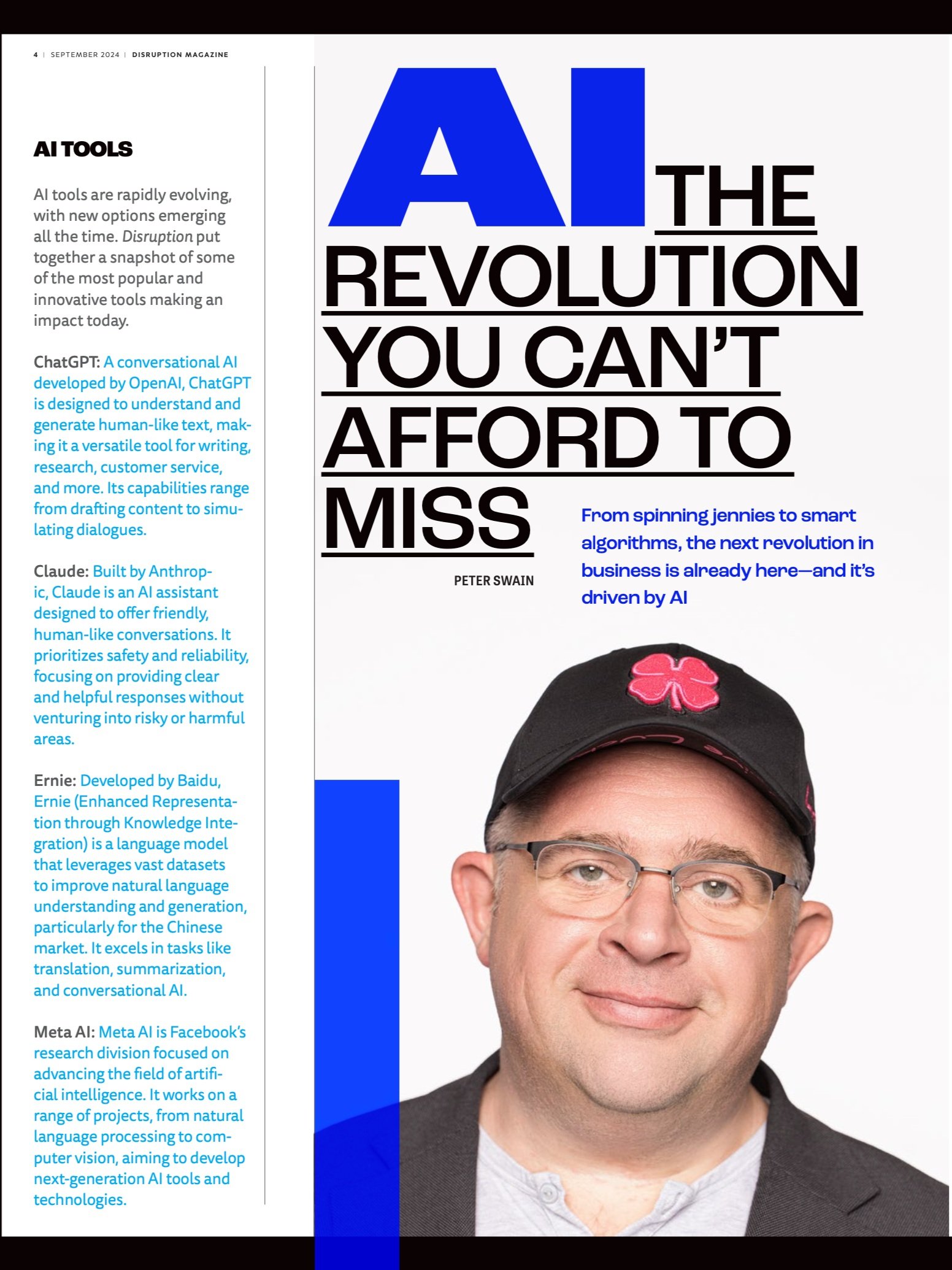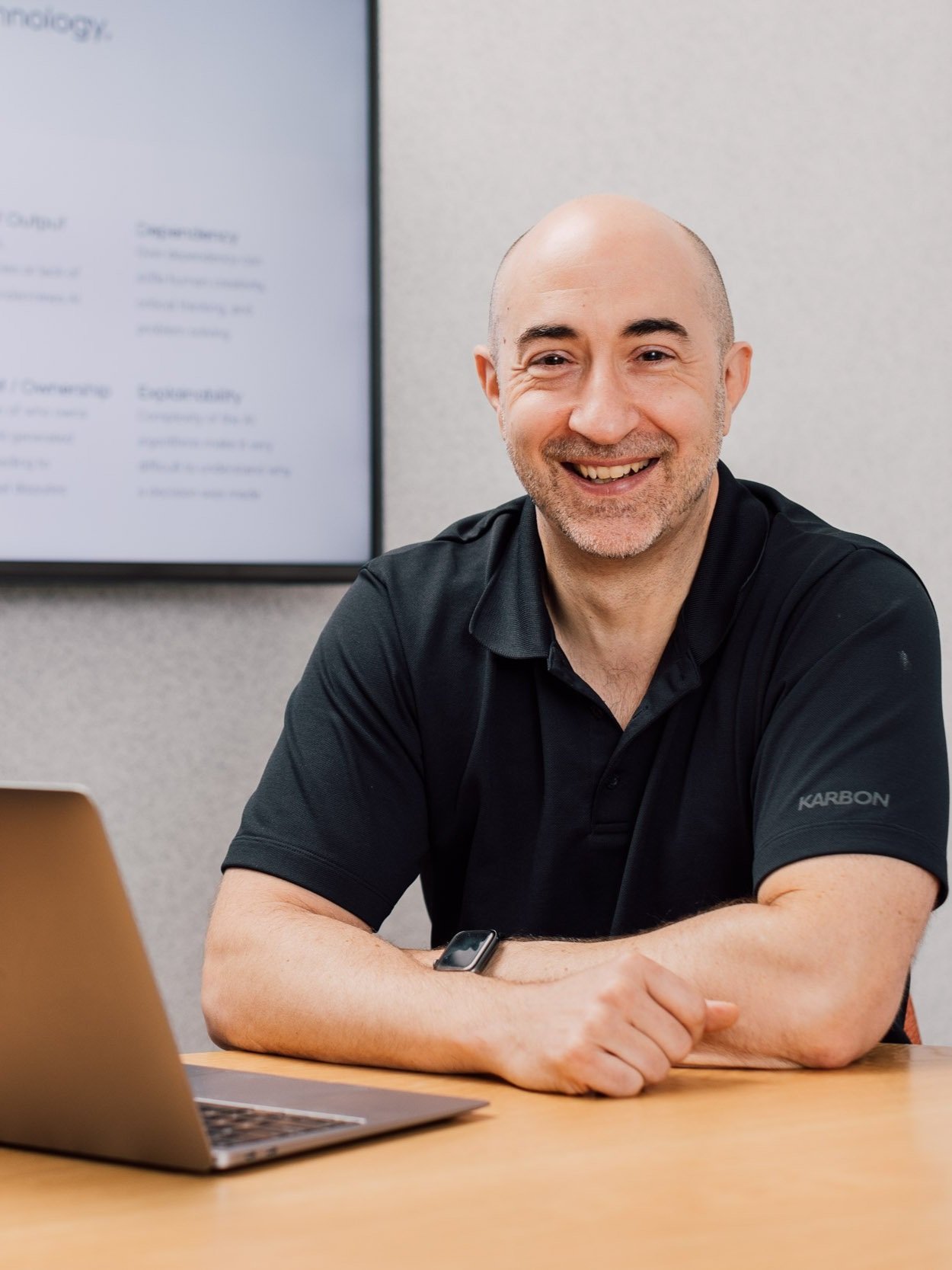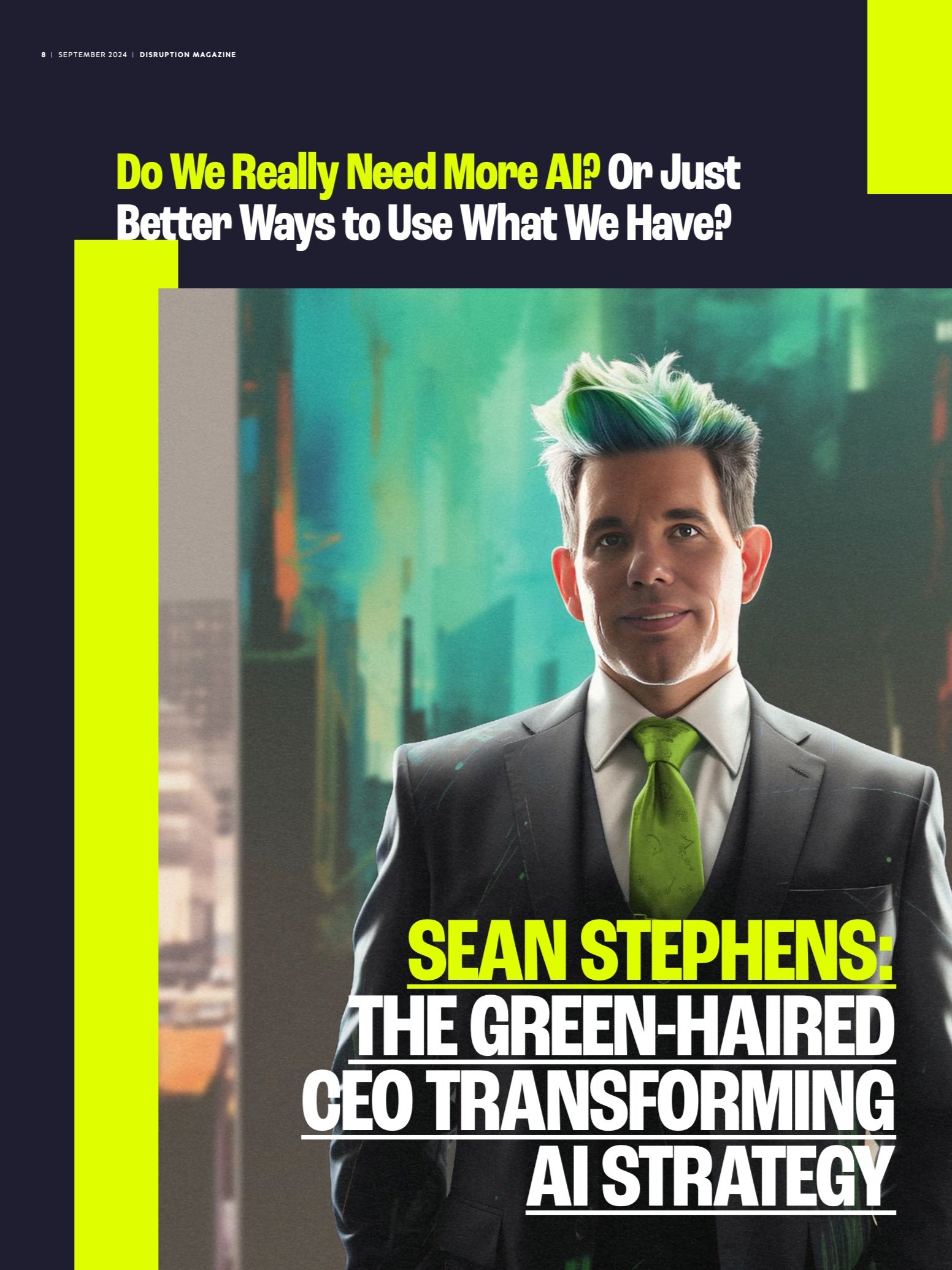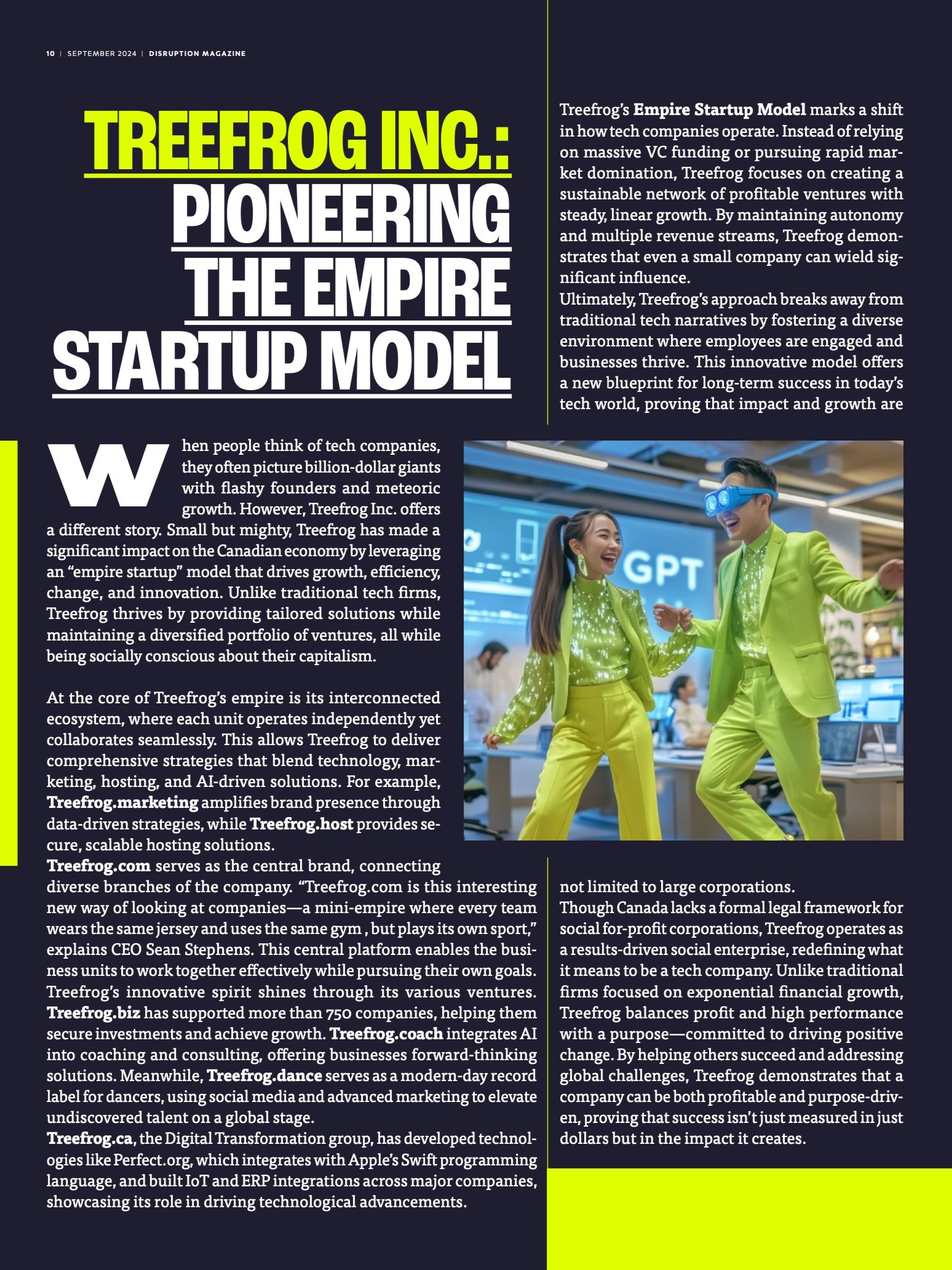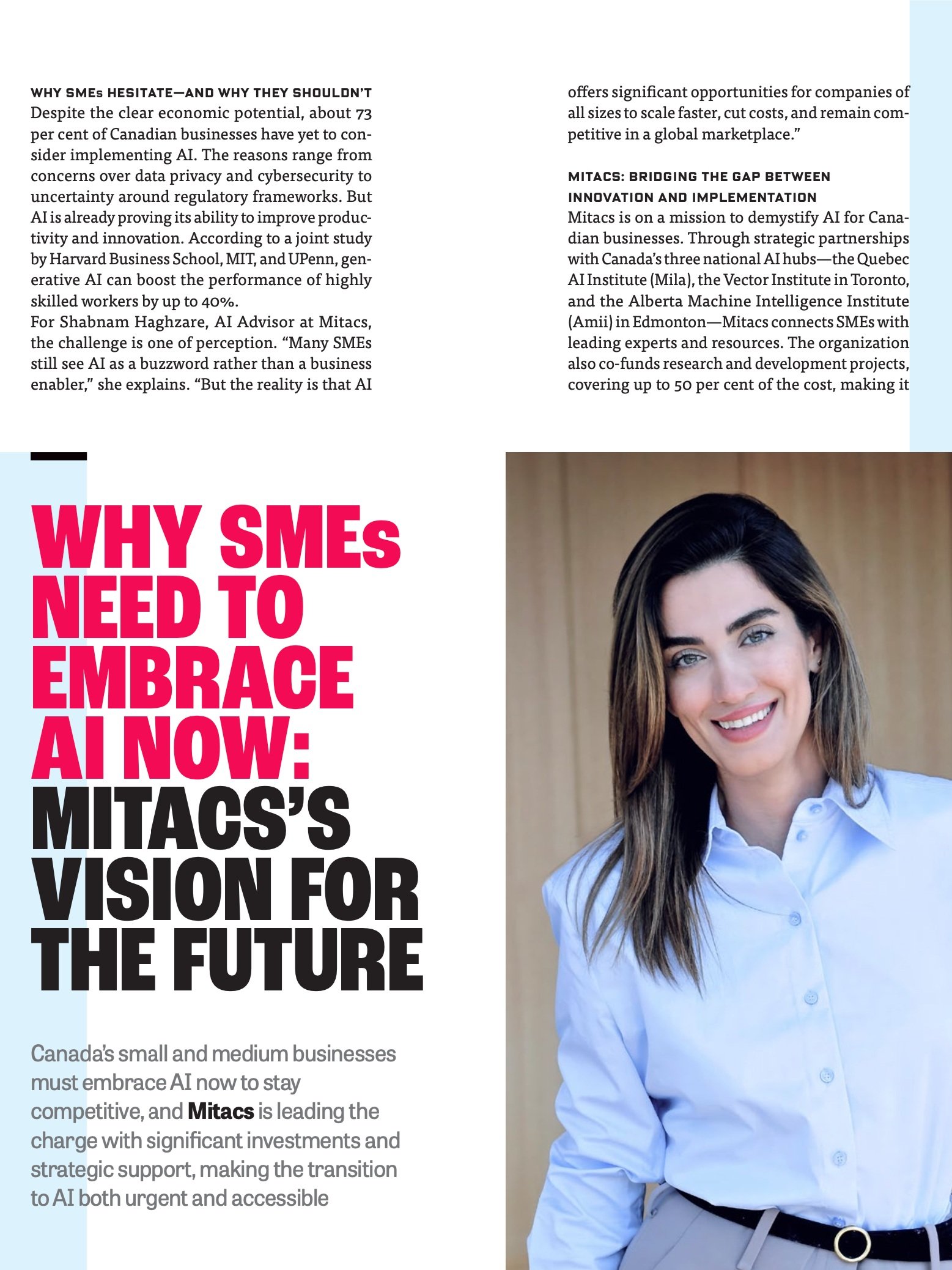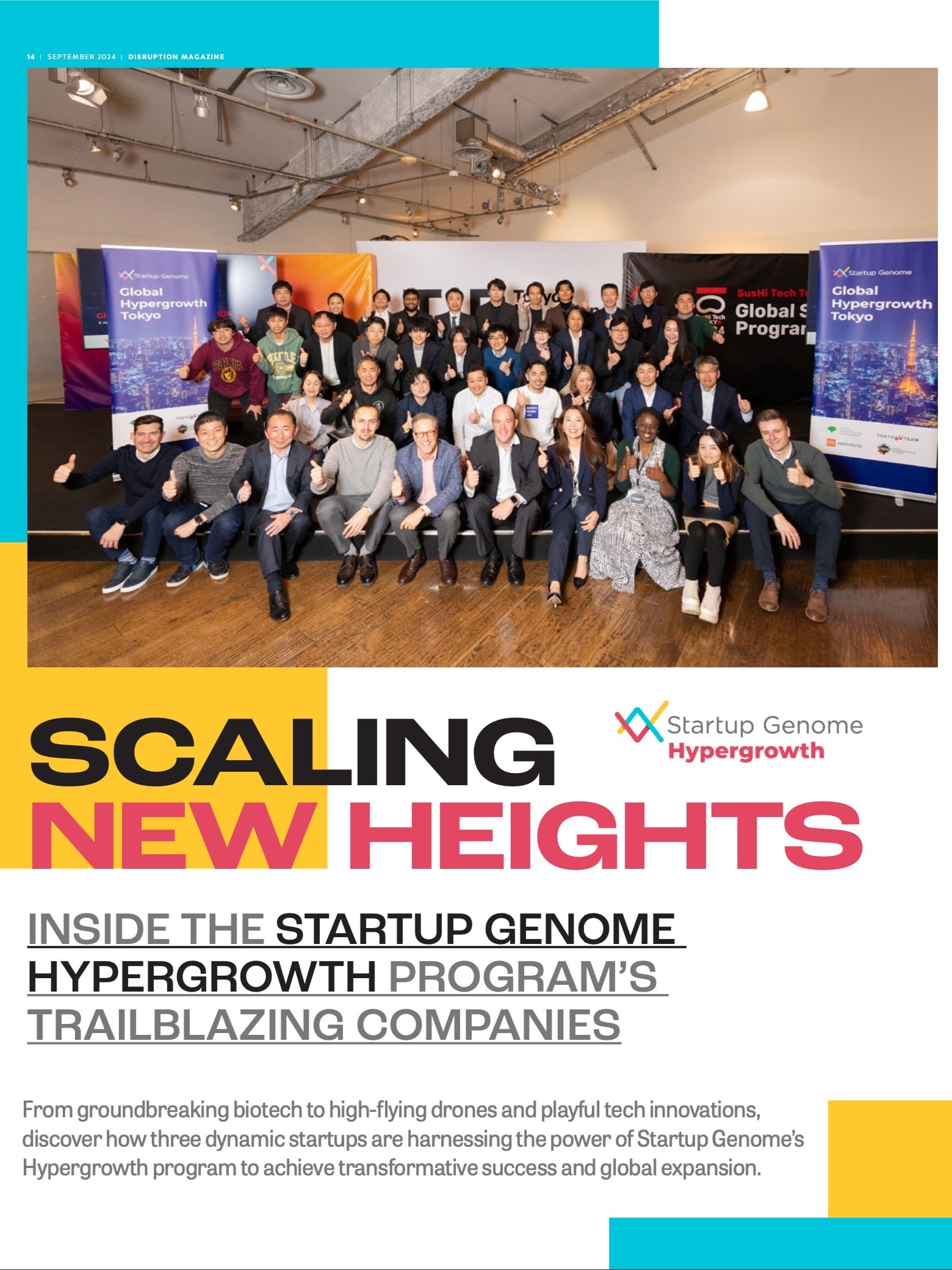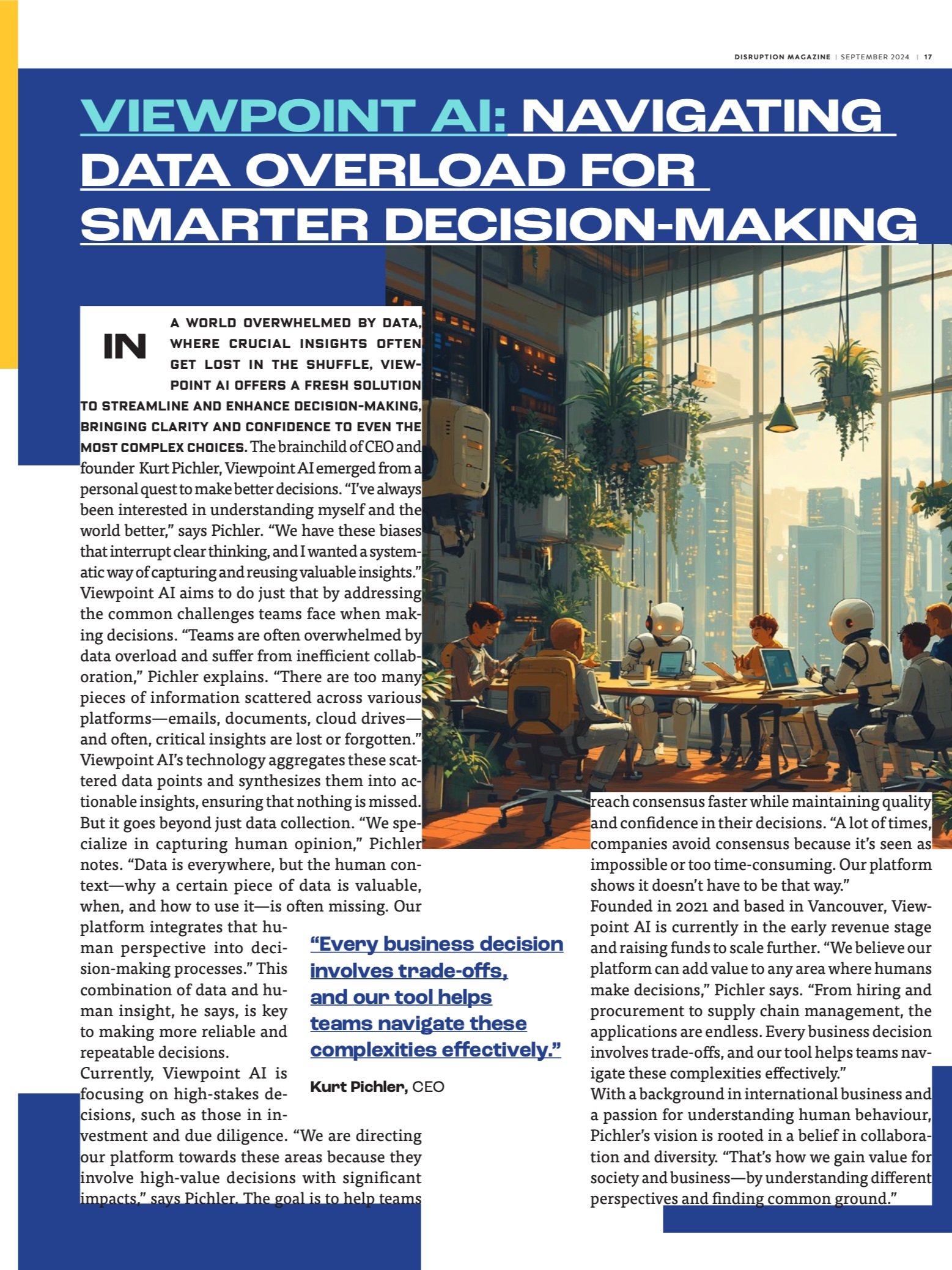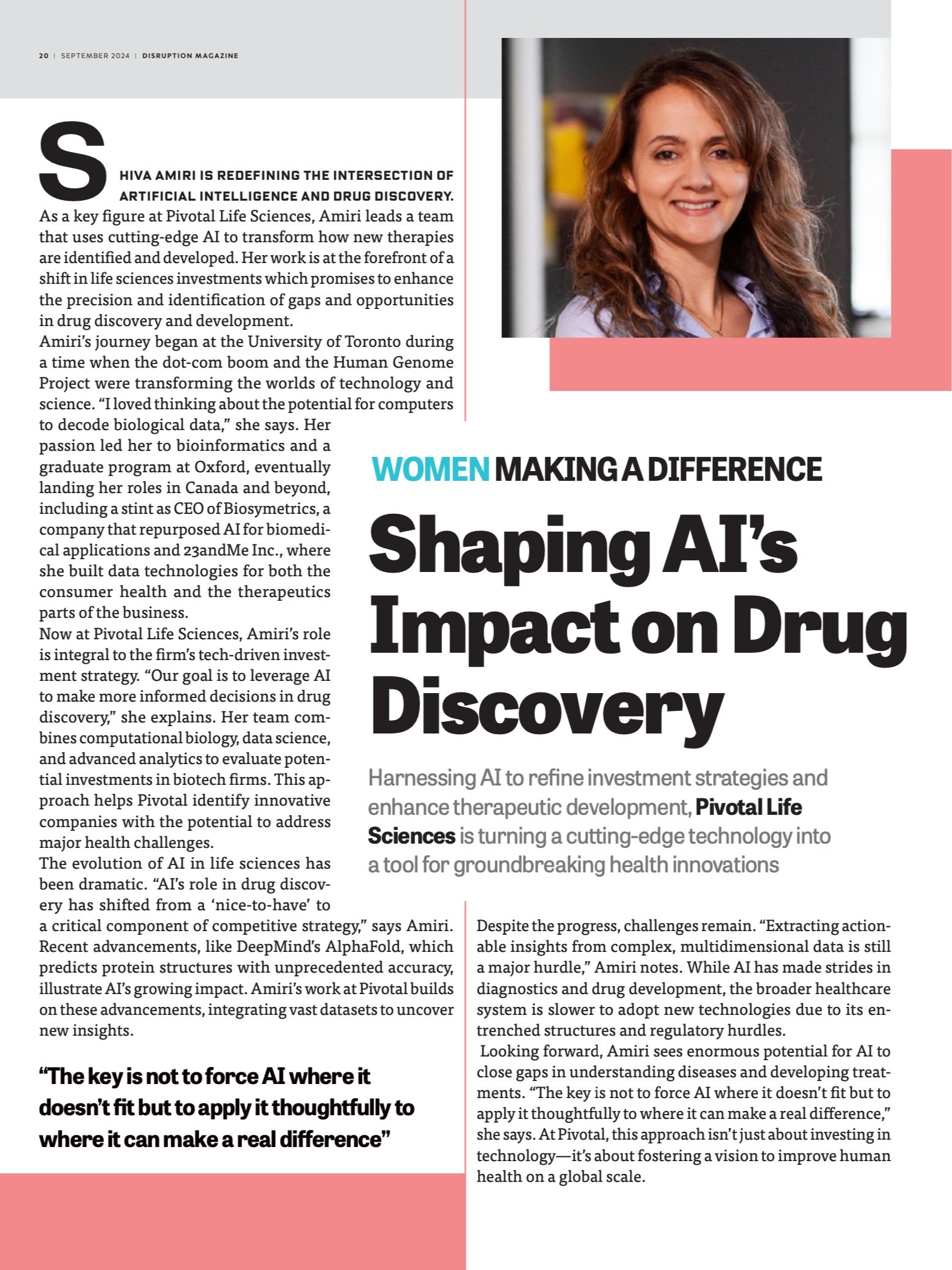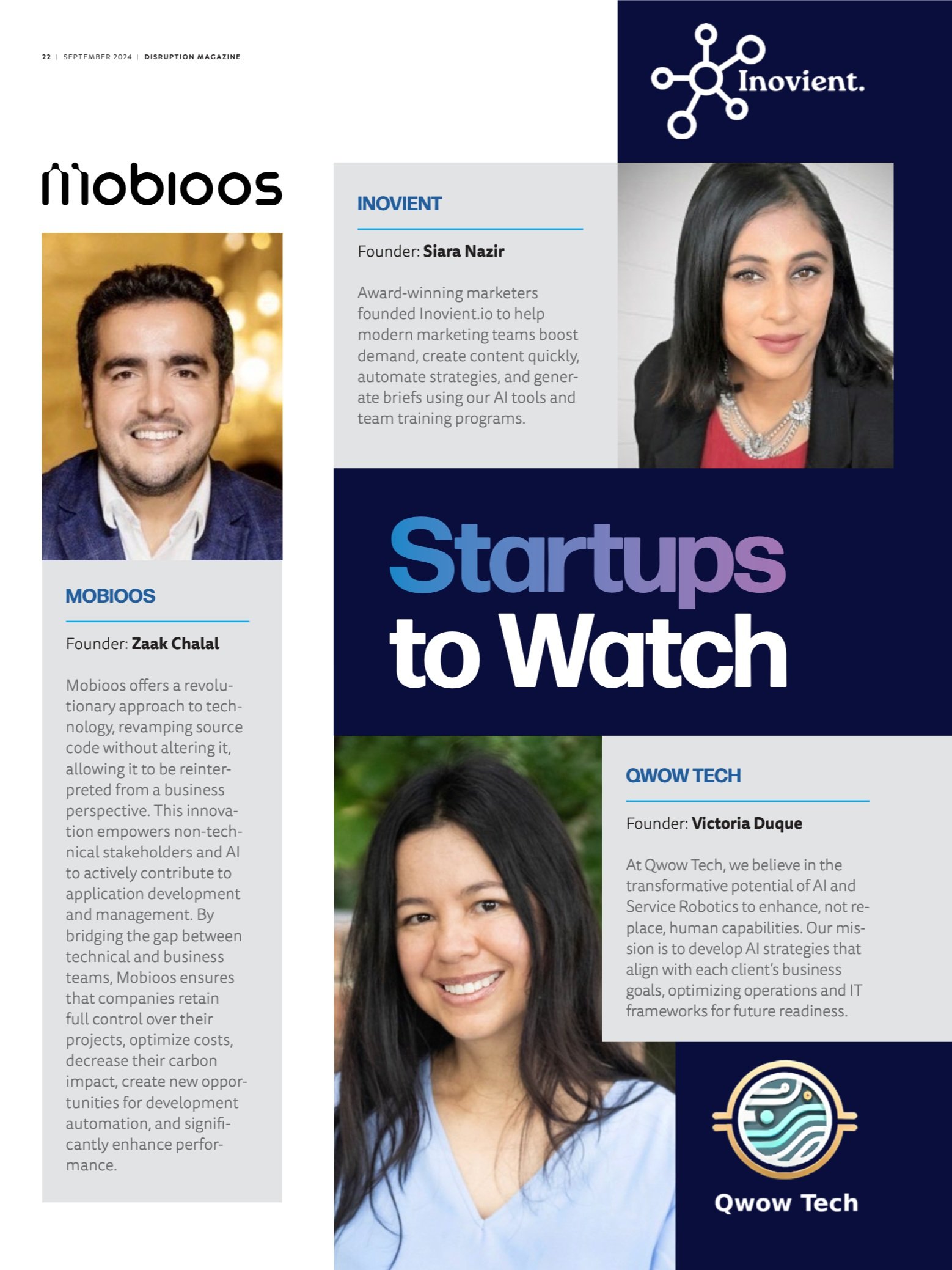Why SMEs Need to Embrace AI Now: Mitacs's Vision for the Future
Canada’s small and medium businesses must embrace AI now to stay competitive, and Mitacs is leading the charge with significant investments and strategic support, making the transition to AI both urgent and accessible.
tl;dr
Canadian SMEs are slow to adopt AI due to concerns about data privacy, cybersecurity, and regulatory issues. Despite AI’s proven benefits in boosting productivity and innovation, about 73% of businesses have yet to implement it.
Mitacs is addressing this gap by investing in AI research, supporting over 500 companies, and partnering with national AI hubs to provide accessible, co-funded R&D opportunities.
Mitacs emphasizes human-centered AI development, advocating for inclusive and equitable tech advancements while supporting underrepresented groups in the industry.
Artificial intelligence (AI) is transforming industries and reshaping the global economy. But despite its potential, many Canadian small and medium-sized enterprises (SMEs) are hesitant to adopt this technology. As the world races towards an AI-powered future, what’s holding these businesses back, and what steps can they take to get on board? Mitacs, a national not-for-profit organization that builds partnerships between industry and academia, has a clear message: AI adoption is not just an opportunity; it’s an urgent necessity.
AI: A Make-or-Break Moment
“AI has the power to make or break a country,” says Sylvain Giguère, Vice-President of Business Development at Mitacs. The statement may sound dramatic, but Mitacs believes that AI’s impact on the future economy is nothing short of transformative. The organization, which has already invested $200 million in AI research and development since 2019, is taking major steps to ensure that Canadian businesses are ready for what lies ahead.
In 2023 alone, Mitacs invested $75 million to support 500 companies in AI-related projects in various sectors—accounting for nearly a quarter of its total annual investment—including backing for 16 Bit, a Toronto-based startup using AI to revolutionize osteoporosis screening with their innovative tool, Rho™. Founded by radiologists Dr. Mark Cicero and Dr. Alex Bilbily, 16 Bit is enhancing healthcare accessibility and quality, with support from Mitacs interns developing a scalable cloud version of their AI-powered radiology assistant.
“Working with Mitacs allows us to attract top talent while they’re still in school. We benefit from the students’ cutting-edge learning and they benefit from our entrepreneurial mentoring and guidance, and together we can develop a very impactful product,” says Cicero.
The number of Mitacs-supported internships focused on AI surged from 500 in 2019 to 5,400 in 2023, underscoring the organization’s commitment to developing AI talent and innovation. “It is a top priority right now,” adds Giguère. “We’re seeing that AI can drive significant advancements across all sectors, and we want Canadian companies to be leaders, not followers.”
Learn how Wisr is Helping Secure the Future with AI, in British Columbia
Why SMEs Hesitate—and Why They Shouldn’t
Despite the clear economic potential, about 73% of Canadian businesses have yet to consider implementing AI. The reasons range from concerns over data privacy and cybersecurity to uncertainty around regulatory frameworks. But AI is already proving its ability to improve productivity and innovation. According to a joint study by Harvard Business School, MIT, and UPenn, generative AI can boost the performance of highly skilled workers by up to 40%.
For Shabnam Haghzare, AI Advisor at Mitacs, the challenge is one of perception. “Many SMEs still see AI as a buzzword rather than a business enabler,” she explains. “But the reality is that AI offers significant opportunities for companies of all sizes to scale faster, cut costs, and remain competitive in a global marketplace.”
Mitacs: Bridging the Gap Between Innovation and Implementation
Mitacs is on a mission to demystify AI for Canadian businesses. Through strategic partnerships with Canada’s three national AI hubs—the Quebec AI Institute (Mila), the Vector Institute in Toronto, and the Alberta Machine Intelligence Institute (Amii) in Edmonton—Mitacs connects SMEs with leading experts and resources. The organization also co-funds research and development projects, covering up to 50% of the cost, making it easier for businesses to invest in AI without bearing the full financial burden.
“Small and medium-sized businesses often lack the resources to invest heavily in R&D,” says Giguère. “Mitacs provides a solution by matching them with the right talent and expertise, offering them tailored research and development initiatives that are scalable and multidisciplinary.”
Human-Centred AI: The Path Forward
Mitacs emphasizes the need for human-centred AI development. “Education needs to be used to burst the bubble of what AI can and cannot do,” says Haghzare. As concerns grow about AI’s impact on jobs and misinformation, Mitacs is advocating for an inclusive approach to AI that involves diverse perspectives and public engagement. This vision aligns with Mitacs’s commitment to supporting underrepresented groups in the tech industry, such as female founders and Indigenous entrepreneurs, ensuring that AI development is inclusive and equitable.
The Future Is Here—Will You Be Part of It?
Mitacs offers a comprehensive pathway for Canadian SMEs looking to embrace AI, making the adoption process more accessible and sustainable. “Choosing the right innovation partner, who’s in it for the long haul, is a logical step to ensuring a safe transition to a fair AI-powered future—the kind that benefits both the technology and the people it’s intended to serve,” says Giguère. By co-funding projects and covering up to half of the associated costs, the organization enables businesses to undertake AI initiatives without overwhelming financial risks. This support is complemented by connecting companies with the right talent and knowledge, tailored to their specific business needs, while also leveraging Mitacs's extensive global networks.



